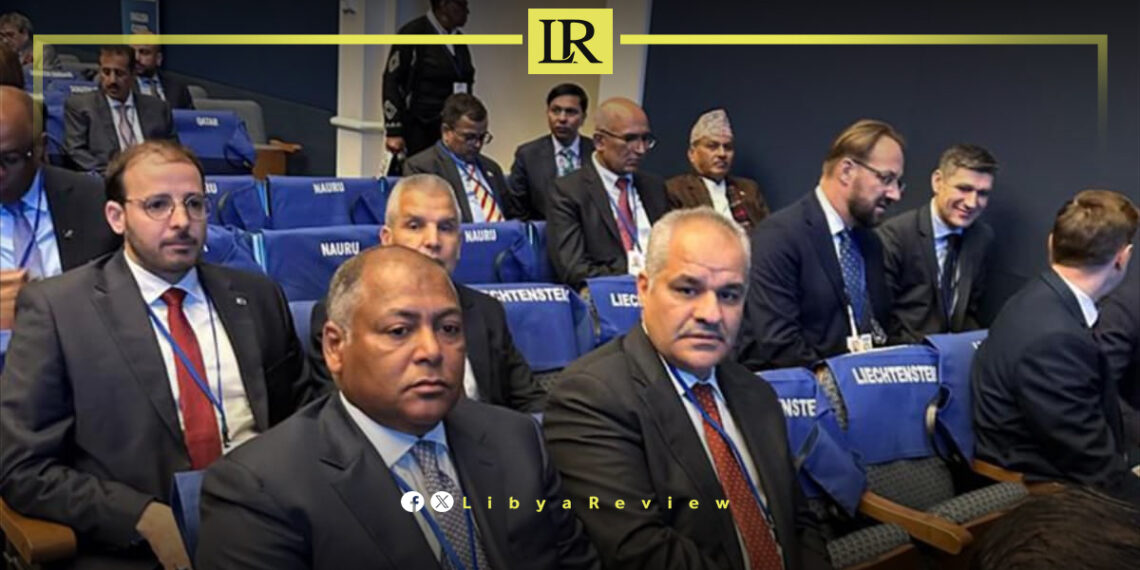Libya participated in the 2024 Annual Meeting of the World Bank Group and the International Monetary Fund (IMF), held in Washington, D.C. on Friday. Representing Libya were the Minister of Finance of the Government of National Unity (GNU) Khaled Al-Mabrouk and the Governor of the Central Bank of Libya (CBL) Naji Issa.
The meeting, chaired by Ahmed Munawwar, the Governor of the Maldives’ Central Bank, took place in the Constitutional Hall. Participants reviewed the global economic situation, discussed the series of crises that occurred over the past year, and addressed geopolitical challenges impacting global economic growth.
Ajay Banga, President of the World Bank Group, and Kristalina Georgieva, Managing Director of the IMF, reiterated in their remarks that both Bretton Woods institutions are committed to working with member states to address economic challenges and foster global economic recovery.
The meeting concluded with member state governors approving the annual reports, financial statements, and audit reports of the World Bank Group and IMF. Additionally, they endorsed the operational budget for the fiscal year ending in June 2025.
Participants also adopted decisions from the Joint Procedures Committee’s agenda, covering multiple entities including the International Bank for Reconstruction and Development (IBRD), the International Finance Corporation (IFC), the International Development Association (IDA), the International Centre for Settlement of Investment Disputes (ICSID), and the Multilateral Investment Guarantee Agency (MIGA).
Libya has been in chaos since a NATO-backed uprising toppled longtime leader Muammar Gaddafi in 2011. The county has for years been split between rival administrations.
Libya’s economy, heavily reliant on oil, has suffered due to the ongoing conflict. The instability has led to fluctuations in oil production and prices, impacting the global oil market and Libya’s economy.
The conflict has led to a significant humanitarian crisis in Libya, with thousands of people killed, and many more displaced. Migrants and refugees using Libya as a transit point to Europe have also faced dire conditions.
The planned elections for December 2021 were delayed due to disagreements over election laws and the eligibility of certain candidates. This delay has raised concerns about the feasibility of a peaceful political transition.
Despite the ceasefire, security remains a significant concern with sporadic fighting and the presence of mercenaries and foreign fighters. The unification of the military and the removal of foreign forces are crucial challenges.


